 Top Class Action Lawsuits
Top Class Action Lawsuits
Canadians are Following Suit…literally, this week, by filing a consumer fraud class action lawsuit against Toronto Dominion (TD) Bank in Canada alleging that its “Penny Arcade” coin counting machines located across Canada shortchanged customers. The bank has faced lawsuits in the state over the very same issue.
Short version: Plaintiff Lisa Ram (“Ram”), claims that on or about June 23, 2014, she used TD Bank’s coin counting machine in Kitchener, Ontario to count coin currency. Before taking them for deposit in the machine, Ram claims she counted and sorted them and knew she had a total of $854.25. After depositing the coins into TD Bank’s coin counter, she was not credited for amounts totaling $159.50. Despite complaining to the bank, Ram claims it failed to remedy her losses. So, who’s making money here?
According to the TD Bank complaint, customers using TD Bank’s coin counting machines expected the machines to operate accurately. However, based on its extensive experience with operating coin counting machines in its US branches since 2007, TD Bank knew or ought to have known that its coin counting machines were not capable of achieving accuracy for many reasons, resulting in undercounted funds of several percentage points in some cases. TD Bank failed to take any steps to warn customers of these risks, causing them harm.
Heads up Canadians—the class action is brought on behalf of a proposed class of persons who used TD Bank’s coin changing machines in Canada between January 1, 2013 and May 25, 2016.
Limited Protection? Meanwhile, back in the US, Banana Boat got hit with a consumer fraud class action lawsuit alleging its sunscreen products do not contain the amount of sunscreen advertised. That is not cool.
According to plaintiff Paul Lambrakis, he bought tube of Banana Boat Kids SPF 50 in May after a Consumer Reports study found that it and many other sunscreens were overstating their protection factor. Lambrakis then sent the tube to a laboratory in Winston Salem, NC for testing, according to the lawsuit. The results showed that while the product stated it was SPF 50, it turned out to have less than half the sunscreen stated on the packaging.
The investigation concluded that Banana Boat Kids SPF 50 sunscreen, clearly labeled as containing SPF 50, shockingly contained only an SPF of 12.69 and a measured UVA protection factor of 4.88,” according to the lawsuit.
“Defendants have known, or should have known, for years that Banana Boat Kids SPF 50 products contain less UV protection than Defendants advertise,” the lawsuit states. Defendants named in the suit are Playtex Products, Edgewell Personal Care Company and Sun Pharmaceutical.
According to the complaint, Lambrakis and others in the class action suit were forced to “overpay for the sunscreen based upon false, inflated SPF.”
The lawsuit comes after a Consumer Reports investigation found that 43 percent of the more than 60 sunscreens they tested failed to measure up to the SPF claims advertised on their bottles.
“In May of 2016, Consumer Reports research revealed that among ‘the most problematic products were Banana Boat Kids Tear-Free, Sting-Free Lotion…which [was] labeled as SPF 50 but [was] found to have only SPF 8,’” according to the complaint.
Did you buy and fry with Banana Boat sunscreens?
Top Settlements
Whirlpool Washers finally Settle… Finally! Remember those moldy front loading washing machine lawsuits? Well—a settlement was reached this week, with defendants (“Whirlpool”) and Sears, Roebuck and Co. (“Sears”).
So, if you purchased or owned a front-loading washing machine manufactured by Whirlpool, you may be entitled to cash or other compensation from a class action settlement.
Quick back story—the lawsuits alleged certain front-loading washing machines manufactured between 2001 and 2010 fail to self-clean and tend to accumulate bacteria and mold, resulting in bad odors and ruined laundry. Specifically, the lawsuit cites certain Whirlpool, Maytag or Kenmore front-loading washing machine that were manufactured by Whirlpool and are referred to as the “Class Washers”.
The Settlement Class includes all residents of the United States and its territories who either: (a) purchased a new Class Washer; (b) acquired a Class Washer as part of the purchase or remodel of a home; or (c), received a new Class Washer as a gift.
If you are included in the Settlement, you may qualify for one of a variety of benefits including a cash payment, a rebate on the purchase of a new washing machine or dryer, or reimbursement for out-of-pocket expenses incurred due to past mold or odor problems in your washing machine.
In order to claim a Sears or Whirlpool settlement benefit, if you are qualified, you must complete and submit a Claim Form, including required documentation October 11, 2016.
Better go find those receipts!
Ok, that’s a wrap folks…Have a good one. See you at the Bar!

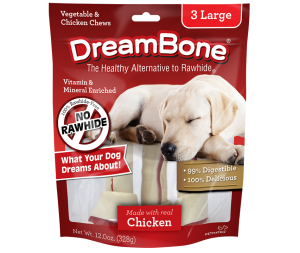 Top Class Action Lawsuits
Top Class Action Lawsuits Top Class Action Lawsuits
Top Class Action Lawsuits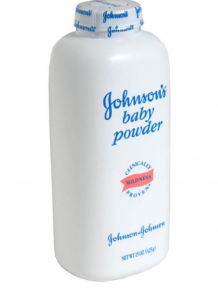 Top Class Action Lawsuits
Top Class Action Lawsuits Top Class Action Lawsuits
Top Class Action Lawsuits Top Class Action Lawsuits
Top Class Action Lawsuits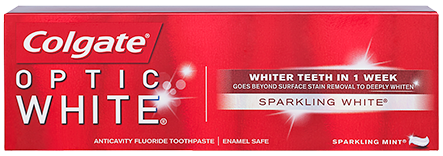 Top Class Action Lawsuits
Top Class Action Lawsuits Top Class Action Lawsuits
Top Class Action Lawsuits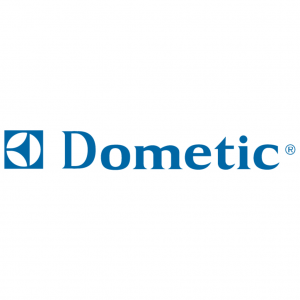 Top Class Action Lawsuits
Top Class Action Lawsuits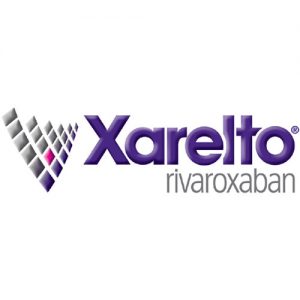 Top Class Action Lawsuits
Top Class Action Lawsuits